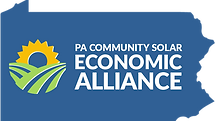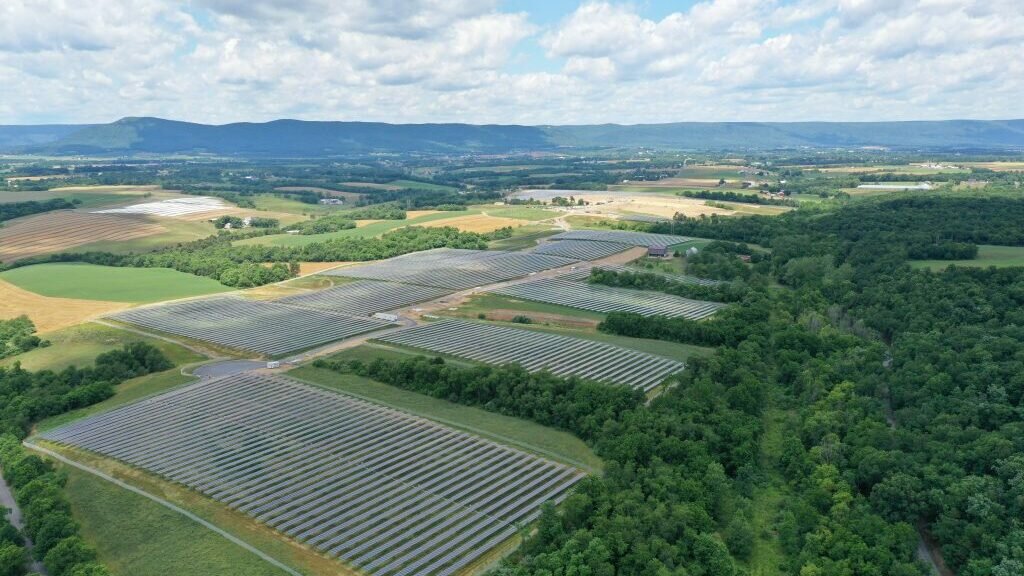Legislation is coming to the state House of Representatives that would allow groups of people to invest in community solar projects.
Rep. Peter Schweyer, D-Allentown, has submitted a co-sponsorship memorandum for legislation that will create a framework for communities to create solar projects that its residents could subscribe to without requiring utility ratepayers who have no interest in solar energy to invest in the project.
Community solar projects allow people to tap into solar power generated at a shared site rather than on individual rooftops and are a way for renters and those without access to rooftop solar panels to receive the benefits of clean energy. In typical community solar projects, households can invest in or subscribe to part of a larger solar array offsite. In typical community solar projects, households can invest in or subscribe to part of a larger solar array offsite.
“The concept is something that most agree is beneficial. We know that solar energy reduces the load on the grid while lowering electric bills,” Schweyer wrote in his memorandum. “But many residents — who would like to enjoy the benefits of solar — can’t do it on an individual basis, for a myriad of reasons. So, the idea is to provide a mechanism for targeted solar projects in communities that want them. People subscribe, save money, and the grid benefits. What’s not to like?”
Earlier this year, the Biden Administration announced a deal to deploy community solar projects capable of generating 1.2 gigawatts of electricity in Illinois, Maine and Maryland. There is also federal infrastructure money available for such projects, with the federal government set to spend $52 million on 19 community solar projects across a dozen states, including $10 million from the infrastructure law, Becca Jones-Albertus, director of the energy department’s Solar Energy Technologies Office, told the Associated Press earlier this year she’s excited about the federal government’s support for community solar projects since half of Americans don’t live in a situation where they can buy their own solar and put it on their roofs.
“What we’re doing here is trying to unlock the community solar market,” Jones-Albertus told the AP.
The United States has 5.3 gigawatts of installed community solar capacity currently, according to the latest estimates. The goal is that by 2025, five million households will have access to it — about three times as many as today.
Schweyer wants to bring some of that money for community solar into Pennsylvania, but said a new approach is needed for Pennsylvania to allow community solar. The idea isn’t a new one, with community solar power legislation introduced off and on for years in the state Legislature.
“As with any worthwhile idea, the journey from concept to completion is rarely easy,” Schweyer said. “And that’s what we’ve seen with community solar. Various ideas, all with positives, have been vetted. Despite our best efforts, we are at a standstill. I believe it’s time for a fresh approach. I will be introducing legislation that will set a framework for communities to reap the benefits of solar energy more easily, but not on the backs of those ratepayers who choose not to opt in. That, in my opinion, has been the biggest challenge so far. I’m working on a way to overcome that. I hope you’ll join me.”




